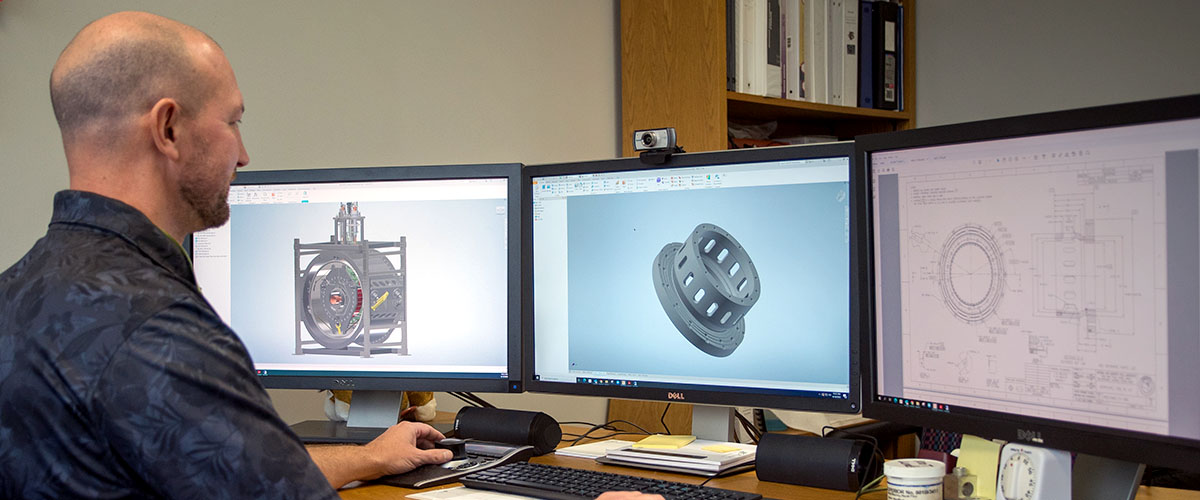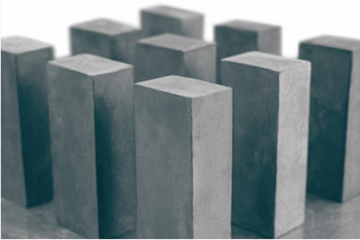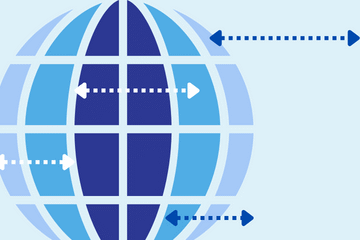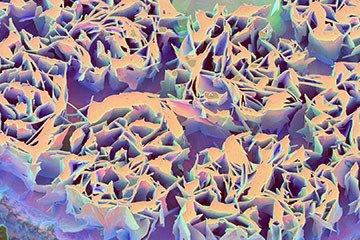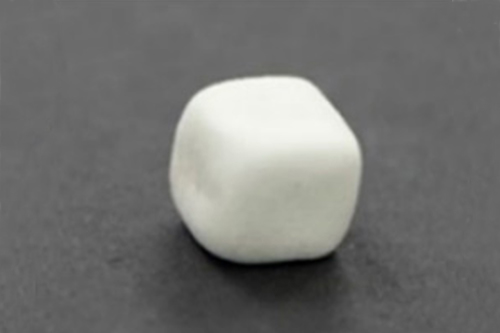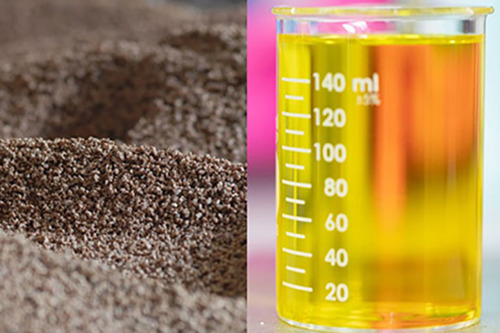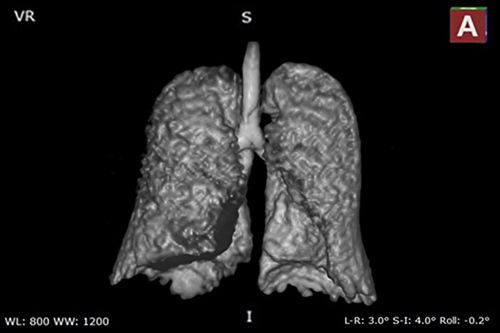How can magnets move your business forward?
Magnets are in practically everything - from headphones, electric lights and computers to motors, plastics, high-speed trains and MRI. Learn more about the advancements magnets make across business sectors, including
- Chemical manufacturing
- Electrical equipment & component manufacturing
- Fusion energy
- Natural resources & mining
- Nonmetallic mineral product manufacturing
- Oil & gas extraction
- Petroleum & coal product manufacturing
- Pharmaceuticals
- Robotics
- Transportation
- Textiles & smart fabric
- Quantum technologies



